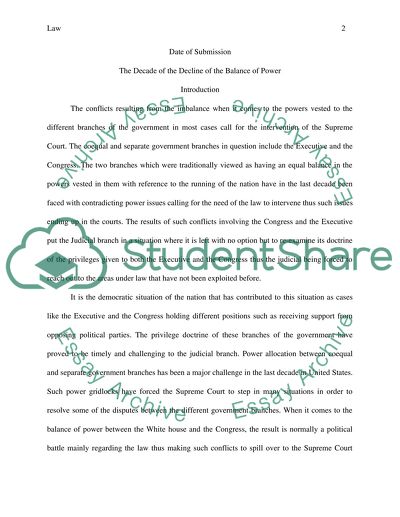Cite this document
(“The Decade of the Decline of the Balance of Power Essay”, n.d.)
Retrieved from https://studentshare.org/law/1398005-the-decade-of-the-decline-of-the-balance-of-power
Retrieved from https://studentshare.org/law/1398005-the-decade-of-the-decline-of-the-balance-of-power
(The Decade of the Decline of the Balance of Power Essay)
https://studentshare.org/law/1398005-the-decade-of-the-decline-of-the-balance-of-power.
https://studentshare.org/law/1398005-the-decade-of-the-decline-of-the-balance-of-power.
“The Decade of the Decline of the Balance of Power Essay”, n.d. https://studentshare.org/law/1398005-the-decade-of-the-decline-of-the-balance-of-power.


